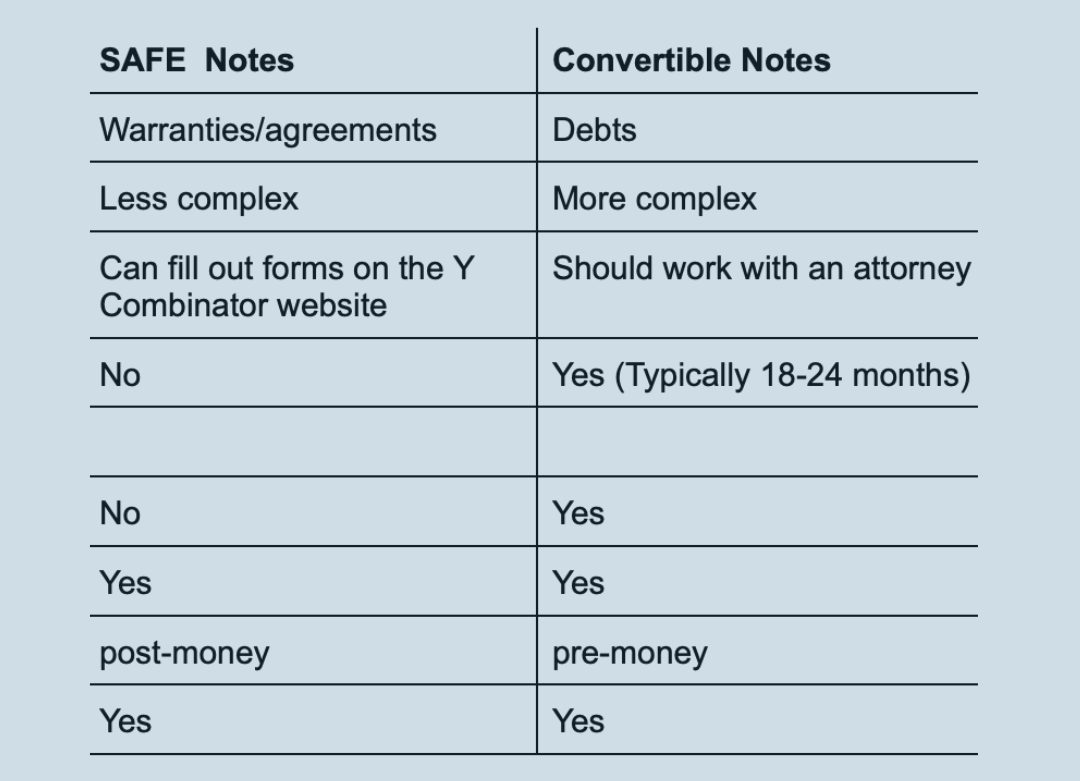Benefits and Importance of Advisory Shares
Starting a new company is an exhilarating journey filled with opportunities and challenges. One critical factor that can significantly influence a startup's success is the presence of experienced advisors, particularly through the use of advisory shares.
Advisors bring a wealth of knowledge, industry insights, and strategic guidance that can help navigate the complex landscape of entrepreneurship. This blog explores the importance of advisors for startups and provides a guide on how to issue advisory shares to maximize their value.
The Importance of Advisors and Advisory Shares for Startups
1. Expertise and Experience
Advisors are often seasoned professionals with extensive experience in their respective fields. By offering advisory shares, startups can attract advisors whose insights help avoid common pitfalls and capitalize on industry trends, providing a strategic advantage.
2. Networking and Connections
Advisors typically have robust networks that can be leveraged for introductions to potential investors, partners, and clients. Advisory shares make it easier for startups to secure these valuable connections, accelerating business growth and opening doors that might otherwise remain closed.
3. Credibility and Trust
Having respected advisors on board, especially through the issuance of advisory shares, can enhance the credibility of a startup. This is particularly beneficial when attracting investors or entering into partnerships, as it signals that knowledgeable individuals believe in the venture's potential.
4. Objective Perspective
Advisors, compensated with advisory shares, provide an external viewpoint that is crucial for unbiased decision-making. They can challenge assumptions, offer new perspectives, and help refine business strategies.
What Are Advisory Shares?
Advisory shares are stock options given to company advisors instead of employees. These shares may replace cash repayment and involve granting options to buy shares rather than providing actual shares. Advisors share their insights in exchange for a percentage of the company.
Many early-stage startups lack substantial cash and often share equity to compensate advisors adequately. This exchange provides valuable lessons on growth but requires careful consideration. Equity should be distributed wisely.
Rule #1: Give Shares to Advisors Who Will Help Your Startup
If you have a strong network and help fellow entrepreneurs, you can get assistance without giving away shares. However, if you want a committed advisor who will consistently be involved, you may offer them 25 basis points (0.25% of the company). For advisors with extensive networks who can facilitate a funding round, you might extend the offer to 100 basis points (1%).
Beware of Unscrupulous "Advisors"
Some individuals prey on inexperienced entrepreneurs, taking significant chunks of advisor shares and over-promising their contributions. Be cautious of anyone who claims they can handle all your fundraising for a large equity stake. Genuine advisors should be invested in your company's success.
Choose Advisors Wisely
Look for mentors in the same domain or founders from similar fields who are a few years ahead. High-quality advisors can help your company in subtle ways. Document agreements with your lawyer and set up a vesting schedule to formalize these relationships.
Advisory shares are a valuable equity agreement for startups and business professionals. They allow you to attract and compensate advisors without affecting company operations while benefiting from their expertise and insights. By following a structured approach to issuing advisory shares, startups can build strong advisory relationships that drive growth and create lasting value. In summary, the strategic inclusion of advisors and the thoughtful issuance of advisory shares can provide startups with the support they need to thrive in a competitive market.
Frequently Asked Questions About Advisory Shares
What are advisory shares and how do they benefit startups?
Advisory shares are stock options given to company advisors instead of employees. They allow startups to attract and retain experienced advisors without impacting cash flow, providing advisors with a stake in the company's success and incentivizing their active involvement in the business.
How is the amount of advisory shares an advisor receives determined?
The percentage of equity awarded to an advisor typically ranges from 0.25% to 1% of the company’s equity. The exact amount depends on the advisor's experience, network, the value they bring to the startup, and their role and responsibilities within the advisory relationship.
What is a vesting schedule and why is it important for advisory shares?
A vesting schedule is a timeline over which the advisor earns their shares. Commonly, this period is four years with a one-year cliff, meaning the advisor must stay with the company for at least one year before any shares vest. This schedule ensures long-term commitment and aligns the advisor's interests with the company's success.
What should be included in an advisory agreement?
An advisory agreement should outline the terms of the equity grant, including the vesting schedule, the advisor’s roles and responsibilities, confidentiality obligations, and termination conditions. It is essential to consult with a lawyer to ensure the agreement complies with legal requirements and protects both the company and the advisor.
How can startups protect themselves from unscrupulous advisors?
Startups should thoroughly vet potential advisors, look for red flags such as over-promising results, and avoid giving away large equity stakes upfront. Establish clear agreements and set up a vesting schedule to ensure advisors are committed and actively contributing to the company’s success. Document all agreements legally to safeguard the startup’s interests.
Other Blogs Related to Startup Finance







